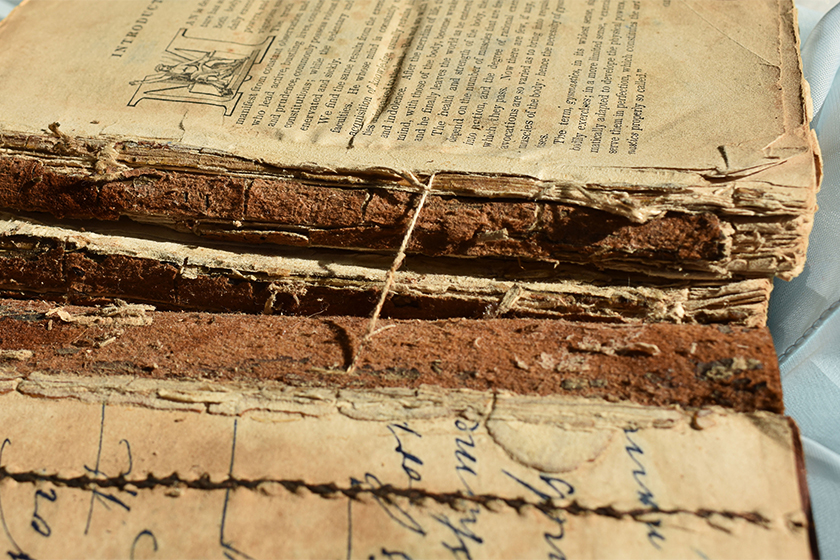Digitizing services are vital for a disaster recovery plan to electronically restore your collection when destruction hits. Maybe you already have a disaster recovery plan for the computer equipment you use in your home and office everyday, but what about the priceless materials in your collection?
Whether you curate a museum with a significant compendium or want to make the athletic legacy of a school available online, consider data digitizing to sustain your treasures for when the unexpected happens.
Take, for instance, the 1966 flood of the Arno River in Florence, Italy. Over one million books and works of art were left waterlogged or worse, some still being restored as recently as 2013. The heart of the Renaissance was destroyed in less than a day.
Your organization’s collection is irreplaceable. But by establishing electronic archiving as a part of a disaster recovery plan, you can digitally preserve your materials forever—rain or snow, fire or flood. Data digitizing and electronic archiving create a safety net that protects your collection from disaster.
But Disaster Could Never Happen to Me!
Yes it could, faster than you might imagine.
In 2009, a plane crash in the suburbs of Newark, NJ, took 50 lives and demolished a private collection of baseball cards worth $2.4 million. Insurance and diligent record-keeping of items in the collection provided the victim’s family financial compensation for the lost memorabilia. But because of the resulting fire, those items are permanently gone and will never be enjoyed again.
Fires, floods, earthquakes, sinkholes, avalanches, acts of war, and theft, are threats to a collection. While these tragedies aren’t preventable, complete loss of your irreplaceable materials is!
How Do I Protect My Collection from Catastrophe?
Digitization services use advanced document processing and electronic archiving techniques to create a digital article that can’t be touched by physical disasters. This data can be accessed through searchable online databases or simply kept in an external storage device.
Various data backup methods are available when considering digitizing services. Each individual client has differing needs, but Anderson Archival recommends using a combination of these three methods:
- Onsite: This type of backup provides the fastest recovery in the event of data loss. A potential quick reinstallation is well worth the cost of backup software or physical media (host computer, external hard drives, or other electronic storage devices).
- Offsite: This method is similar to physical or electronic onsite backups, but the device or software is kept safe at a remote location. Note the limitations of this type of backup: removable media can be lost or damaged, and it may take some time to move data from one location to another.
Of course, the collection itself can always be kept in a safe place. But fires and floods can happen in a warehouse just as easily as they can in your home or office. If the original collection’s site were affected by calamity, it would be wise to have a digital copy in another secure location.
- Cloud-based: This type of backup can be accessed anywhere with an internet connection. Depending on how large your collection is and the kind of protection you need, this method can get expensive but as long as you have access to the internet, you can recover your entire collection in the event of a disaster.
One bright side of the 1966 flood of the Arno is that the art curators and librarians of Florence put their heads together to find the best ways to restore anything that wasn’t completely lost in the disaster. New historical preservation techniques they learned are still being used today. Even though external hard drives or cloud storage didn’t exist at the time of the worst natural disaster to ever hit Florence, they were able to salvage some of their heritage and put that caution into creating disaster recovery plans for the future.
Thankfully, we live in an age of digitizing services. For document processing and digitization services that focus on your passion for your collection, call Anderson Archival at 314.259.1900 or email us at info@andersonarchival.com.






